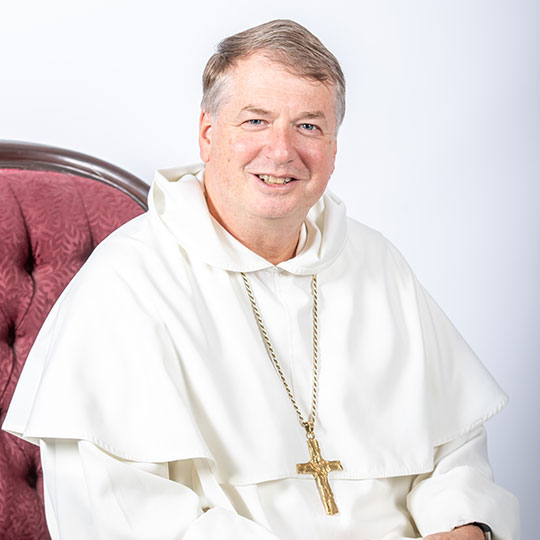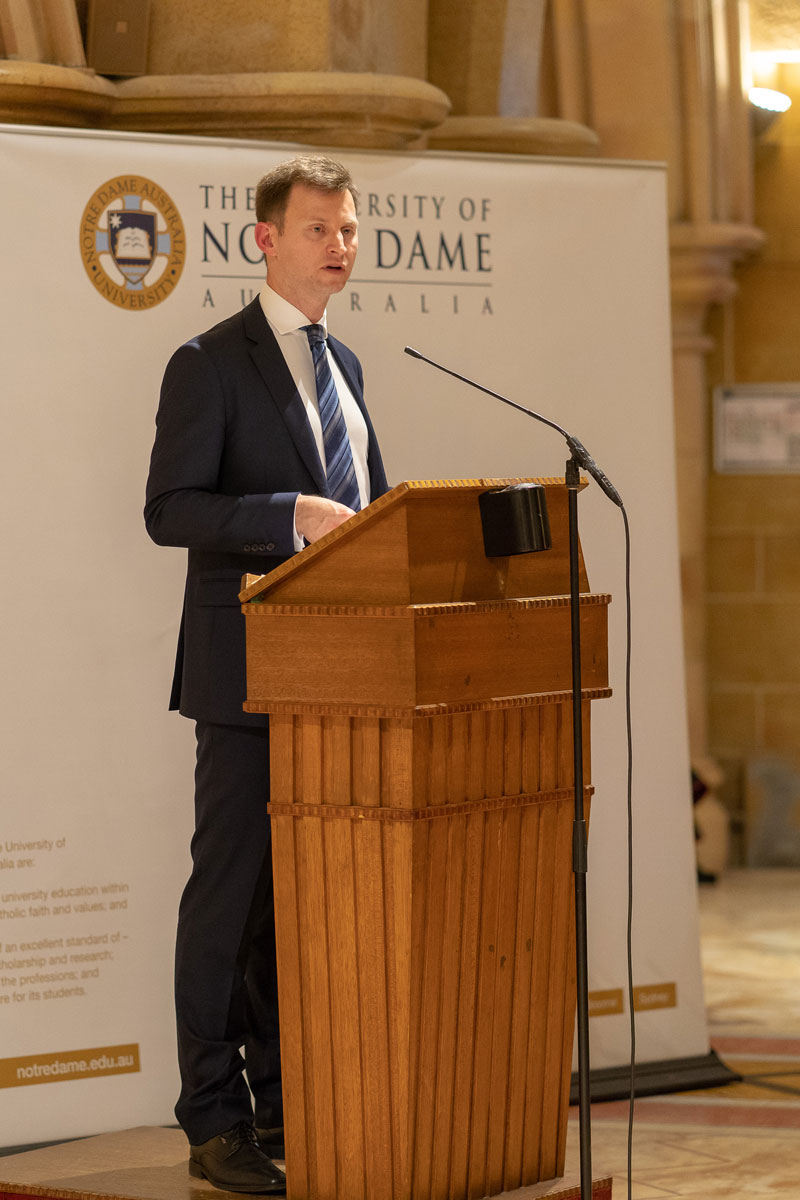THE GODLESS COUNTRY?
MOST REVEREND ANTHONY FISHER OP
Archbishop of Sydney.
Are we living in a post-Christian Australia? So some people proudly proclaimed when more people marked “no religion” on the last census than marked “Catholic”. Declining religious affiliation in the secularising West, damaged Church credibility after the Royal Commission, relentless hostility to faith from sections of the media, bureaucracy and academy, the drip by drip reduction of religious liberties… there are reasons to think faith is doomed in Australia. But I wonder… The Archbishop’s talk addresses questions on where the Church is going in the face of these challenges, and whether ‘post-Christian’ is really an apt description for our culture.
Archbishop Anthony Fisher completed his studies in Arts and Law at the University of Sydney and soon set off into the world of Corporate Law.
After practicing in a city firm in Sydney, the future Archbishop Fisher joined the Dominicans. He studied for the priesthood in Melbourne before further studies took him to Oxford where he received his Doctorate in Bioethics.
In his almost 15 years as a Bishop, his episcopal ministry has seen him serve first as Auxiliary Bishop of Sydney, including as the coordinator of World Youth Day 2008; Bishop of Parramatta and now as the ninth Archbishop of Sydney.
Archbishop Fisher is a prolific writer and through his letters, lectures, preaching and diocesan projects has addressed a range of questions and matters from the existence of God through to the contemporary challenges for life, marriage and family.
For a full biography of Archbishop Anthony Fisher please visit www.sydneycatholic.org


